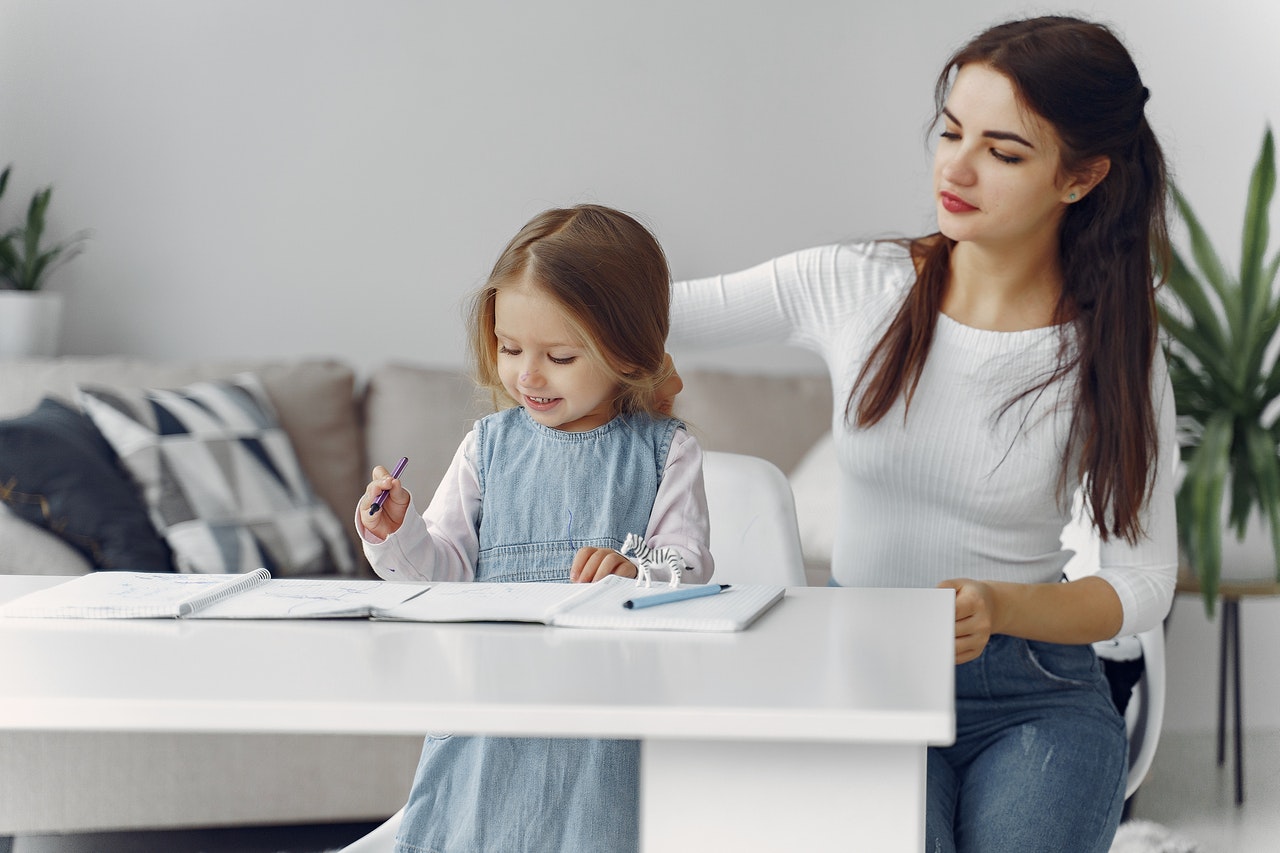
27 Mar Talking To Kids About Coronavirus
So many parents, including myself, are trying to figure out how to tell their kids about coronavirus in ways that don’t increase fear, anxiety, and panic. This conversation is complicated to navigate, especially when you’re feeling those feelings yourself. So where do you start?
First, be honest.
Too many of us try to sugar-coat life’s realities because we can’t bear to see our kids upset. Trust me when I say that our kids are more resilient and adaptive than we give them credit for. And if you think they’re not, now is a good time to start cultivating those necessary life skills. When coronavirus is over, our kids will call upon the skills they develop now to get through future challenges.
Don’t expect to have all the answers.
We want our kids to see us as a reliable and trustworthy place to get information. If you don’t know the answer to their questions, that’s okay. Help your kids find valid, age-appropriate information online by searching together on websites like the CDC, World Health Organization (WHO) and the National Institutes of Health (NIH) and National Institute for Mental Health (NIMH).
Ask what they know.
Before answering questions, find out what your kids’ understanding is of coronavirus. What are their fears? Anxiety is always about the future, and it’s our job to be honest while providing a sense of safety and security. That may sound like a contradiction, but here’s what it looks like. For instance, saying, “I’m not sure how long your school will be closed, but we will do our best to stay connected to your friends and teachers through video chat.”
Validate, don’t minimize or disregard their feelings.
When your child expresses worry, fear, or stress, validate it by saying, “Everyone feels a little scared/stressed/worried right now.” Resist the urge to say, “You’re fine, there’s nothing to worry about, just forget about it!” This only makes our children feel misunderstood and alone in their experience – which will guarantee their fears grow.
Cultivate resilience.
Once you validate their feelings, help pivot the conversation to build those necessary life skills such as being adaptive and resilient. Family dinner is a great time to ask everyone, “What did we learn today?” A go-to game can be 3 ups, 1 down, and 1 cheer. Here’s how it works. Each person in the family takes a turn saying 3 positive things about the day, one negative thing about the day, and they name one person they want to “cheer” who did something positive for them that day. This is how we will teach our kids how to get through tough times.
If you find that your or your child’s anxiety has grown to an unmanageable level, there’s help just a video call away! Request a video chat session on our website starrtherapy.com or by emailing talia@starrtherapy.com.
Be happy on purpose!


Sorry, the comment form is closed at this time.